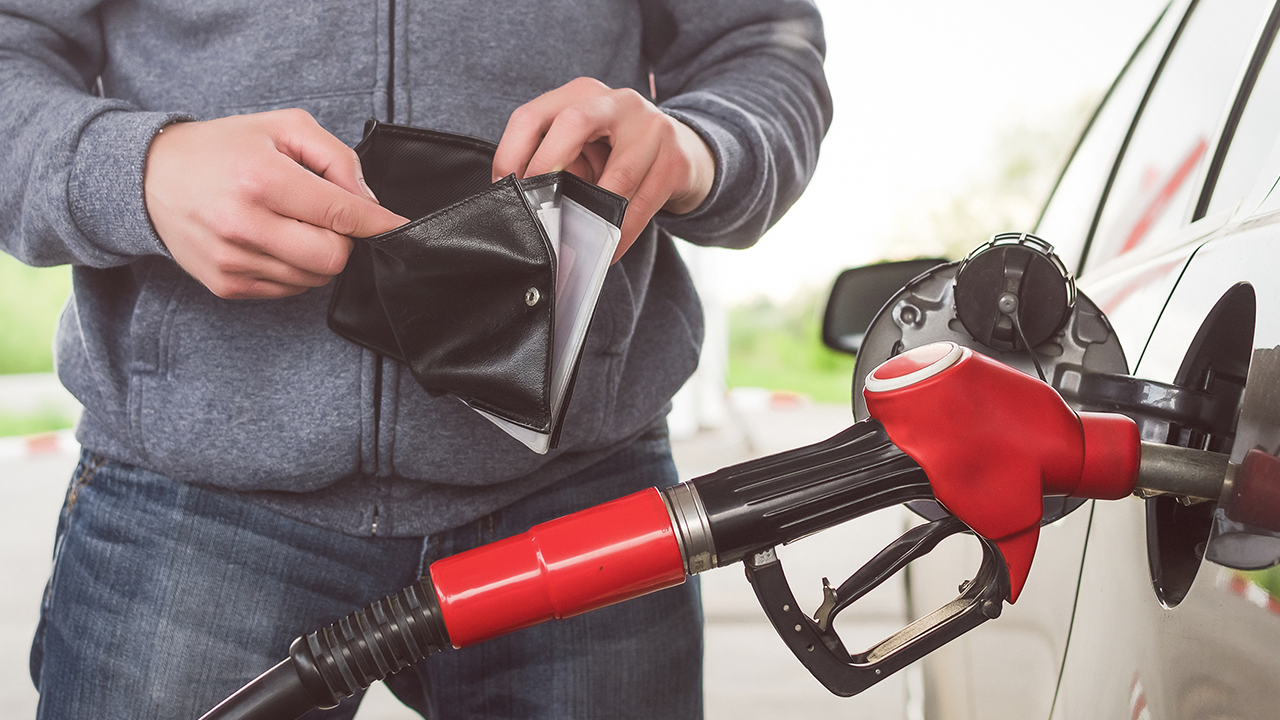During the peak of the pandemic, more than 1 out of every 10 Californians was on unemployment.
Today, 1.5 million people in the state are still without work. And while unemployment checks are still being mailed out, NBC 7 Investigates has learned, the state is out of cash, and a debate is now playing out in Sacramento about who should foot the bill for those checks.
Guillermo Gonzalez manages Casa Don Diego, a family owned Mexican restaurant in Chula Vista. Like thousands of restaurants, when COVID restrictions shut down dining, he slashed his staff, going down to just four employees after once having a staff of 16.
“I lost some employees I wish I had here today,” Gonzalez said.
Get top local stories in San Diego delivered to you every morning. >Sign up for NBC San Diego's News Headlines newsletter.
Getting them back hasn't been easy, even though, Gonzalez said, he now advertises higher pay than ever for what are, essentially, entry-level positions.
"Unfortunately we have to pay them top dollar just to train them,” Gonzalez said, “and see if they work out."
So when Gonzalez found out he might pay higher payroll taxes in the coming years on top of it, he wasn't happy about it.
Local
Why would I be happy about paying more taxes," Gonzalez said. "We're already paying taxes everywhere."
During the pandemic, 20 states ran out of money for their unemployment funds, meaning they had to borrow money from the federal government.
California's debt dwarfs every other state, at more than $21 billion and counting. That's more than double the next biggest borrower: New York, at more than $9 billion. The thing is, the federal government expects to get that money back -- with interest.
The state’s Employment Development Department told NBC 7 Investigates that federal law obligates California employers to pay back the loan in the form of gradually hiking payroll taxes.
Rob Lapsley, who is with the California Business Round Table, said that's wrong.
“We have an unprecedented debt for this,” Lapsley said. “And the question is going to be: How are we going to pay it back?”
Lapsley said the state forced millions of businesses to shut down in the first place, so it’s the state, not employers, who should foot the bill.
“This is a huge issue now facing employers and the state, to ensure that we can move forward for the recovery,” Lapsley said.
Alissa Anderson, a senior policy analyst for the California Budget and Policy Center, has a different take.
“I don’t see any reason why the state should pay for something that businesses should have been paying all along,” Anderson said. “Again, the reason that we have this debt is because businesses weren’t paying enough into the fund to begin with.”
The payroll tax in California is capped at each employee’s first $7,000, Anderson said, which is a figure that’s stayed the same for decades, falling far behind the rate of inflation and falling short of what’s needed to cover unemployment benefits for workers.
Gov. Gavin Newsom is currently proposing that the state set aside $1 billion to help offset the payroll federal loan. Anderson said she would rather see that money go toward other public programs.
"I don’t think it makes sense to waste a billion dollars on essentially a tax break for businesses who weren’t paying enough into the system to begin with,” Anderson said, “when that money could be better spent addressing the very real needs Californians are facing.”
Back in Chula Vista, Gonzalez said higher payroll taxes on the horizon won't just impact employers.
"Do you believe the average American would come to their neighborhood restaurant and be happy to pay $20 and up for a meal?” Gonzalez said. “Because that's where we're going. I don't want to go there, but that's where we're going."
As of last Friday, California has regained nearly 52% of jobs lost during the pandemic, according to the Employment Development Department report. While that is certainly good news, it's still well below the national rate of 66%.



